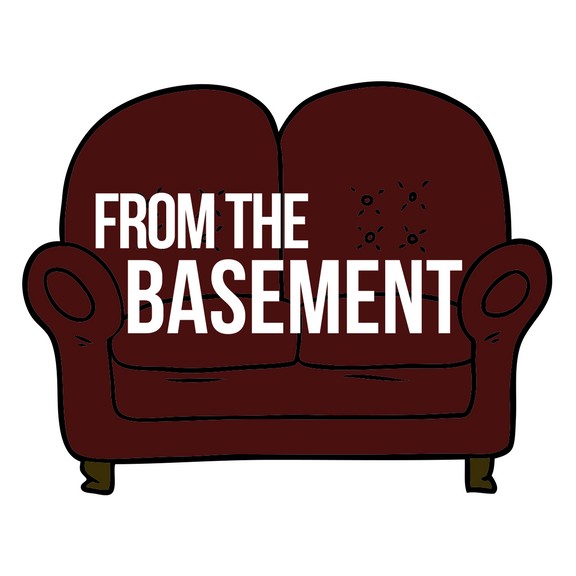From The Basement: NBA disassociation with mental health issues in its players

From the Basement is a weekly column in which the Hullabaloo Sports team discusses its opinion on contemporary sports issues.
Professional athletes undoubtedly serve as powerful role models, and fortunately it appears that the majority of their influence is positive. Take two of the most prominent players in the NBA, for example: LeBron James and Stephen Curry. Though sworn enemies on the court, both stars commit to improving their communities by engaging in social activism.
Last year, Curry helped collect 20,000 pairs of shoes to donate to children in Africa. He, along with his Golden State Warriors teammates, skipped the traditional White House visit after the 2017 Finals win, electing instead to take children from the District of Columbia area to the National Museum of African American History and Culture. James has consistently made significant financial contributions for the purpose of education, recently releasing his “Equality” sneakers to the public. In addition, he continues to be open regarding his political views.
James and Curry are not anomalies. Many NBA players are actively involved in discussing and combating societal problems. There is, however, one issue on which the league’s stars have historically remained silent: mental health.
Recently, this has changed.
Toronto Raptors’ All-Star shooting guard Demar DeRozan made headlines in February when he tweeted, “This depression get the best of me.” He subsequently participated in an interview with The Toronto Star in which he outlined his history of anxiety and depression, stating that it is “nothing I’m against or ashamed of.”
A couple of weeks later, Kevin Love of the Cleveland Cavaliers published a heartfelt article in The Players’ Tribune titled, “Everyone is Going Through Something.” This article revealed that he had a panic attack in November, causing him to leave a game against the Atlanta Hawks at halftime. The next day, Washington Wizards’ fan-favorite Kelly Oubre spoke out about his own struggles with mental health.
One of the likely reasons that players have previously hesitated to be candid regarding their mental health is the prevalence of societal stereotypes that encourage strength in men while dissuading displays of emotion.
“These values about men and toughness are so ordinary that they’re everywhere … and invisible at the same time, surrounding us like air or water,” Love said in his Player’s Tribune piece.
In addition, failure to succeed in the NBA is often attributed to personal vices, while mental health is rarely considered as a possible determinant. For example, injury-prone Minnesota Timberwolves guard Derrick Rose has received little sympathy throughout his tumultuous career. His teammates have attacked his work ethic, while First Take commentator Skip Bayless declared that Rose was “holding [Chicago] Bulls fans hostage” in a “sickening” way after the guard stated that he wanted to take care of his body. Few National Basketball Association authors or personalities suggest that Rose’s continuous problems are due to mental health concerns such as depression or anxiety, which are both possible factors considering the heartbreaking injuries that turned the youngest MVP of all time into a liability who was waived by the Utah Jazz this February.
Hopefully the brave confessions of DeRozan, Love and Oubre will encourage more athletes to come forward with their own stories regarding issues like depression and anxiety and foster a more mental health-conscious league and world.
This is an opinion article and does not reflect the views of The Tulane Hullabaloo. Bella is a freshman at Newcomb-Tulane College. She can be reached at [email protected].
Your donation will support the student journalists of Tulane University. Your contribution will allow us to purchase equipment and cover our annual website hosting costs.
















Leave a Comment